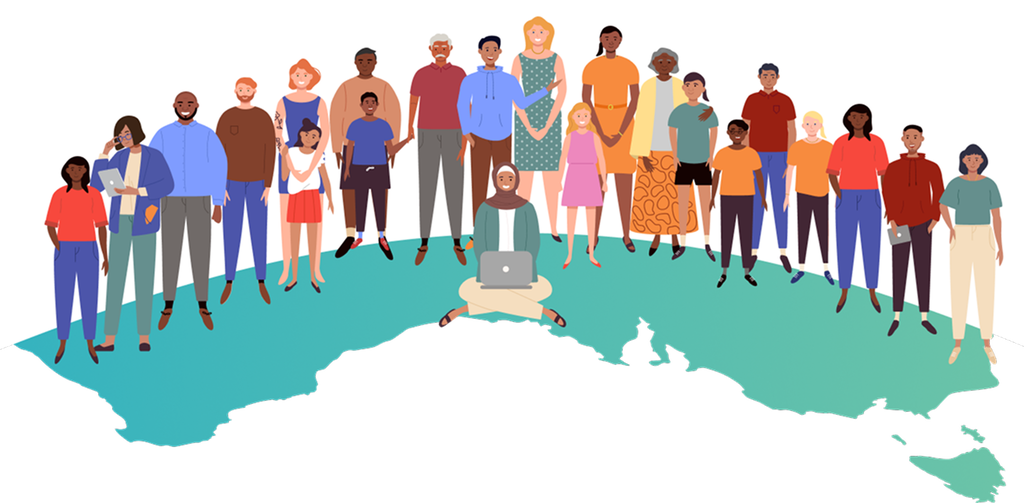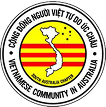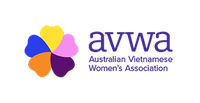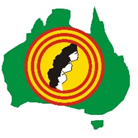Partnering with communities for impact
OurDNA is partnering with multicultural communities to ensure all Australians can benefit from advances in medical research. We can’t do this without you!
Partner with OurDNA
Partner with OurDNA
Are you interested in learning about and helping the OurDNA program to advance medical research that might benefit your community members? Please let us know by filling in this form. A member of the team will be in contact with you soon.









